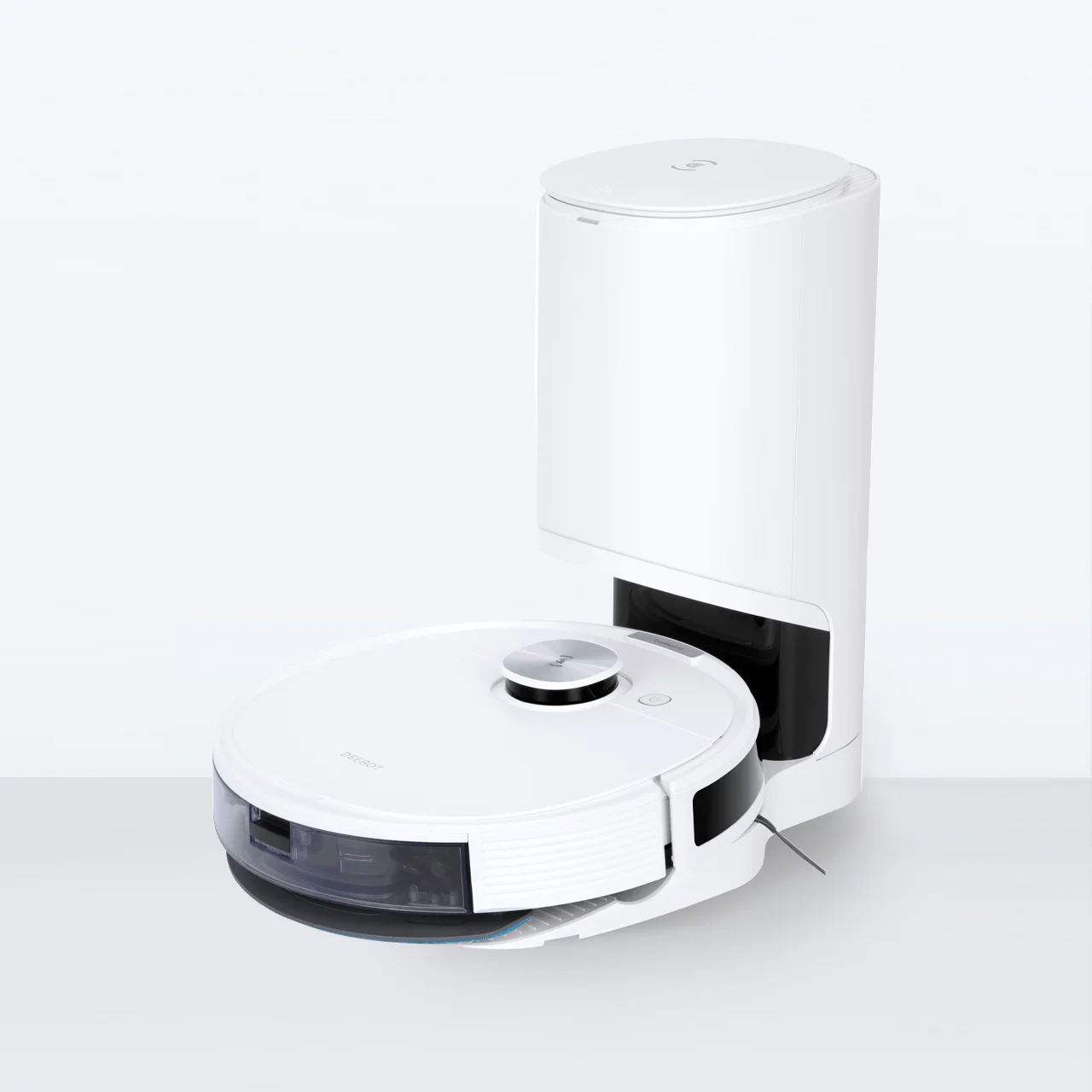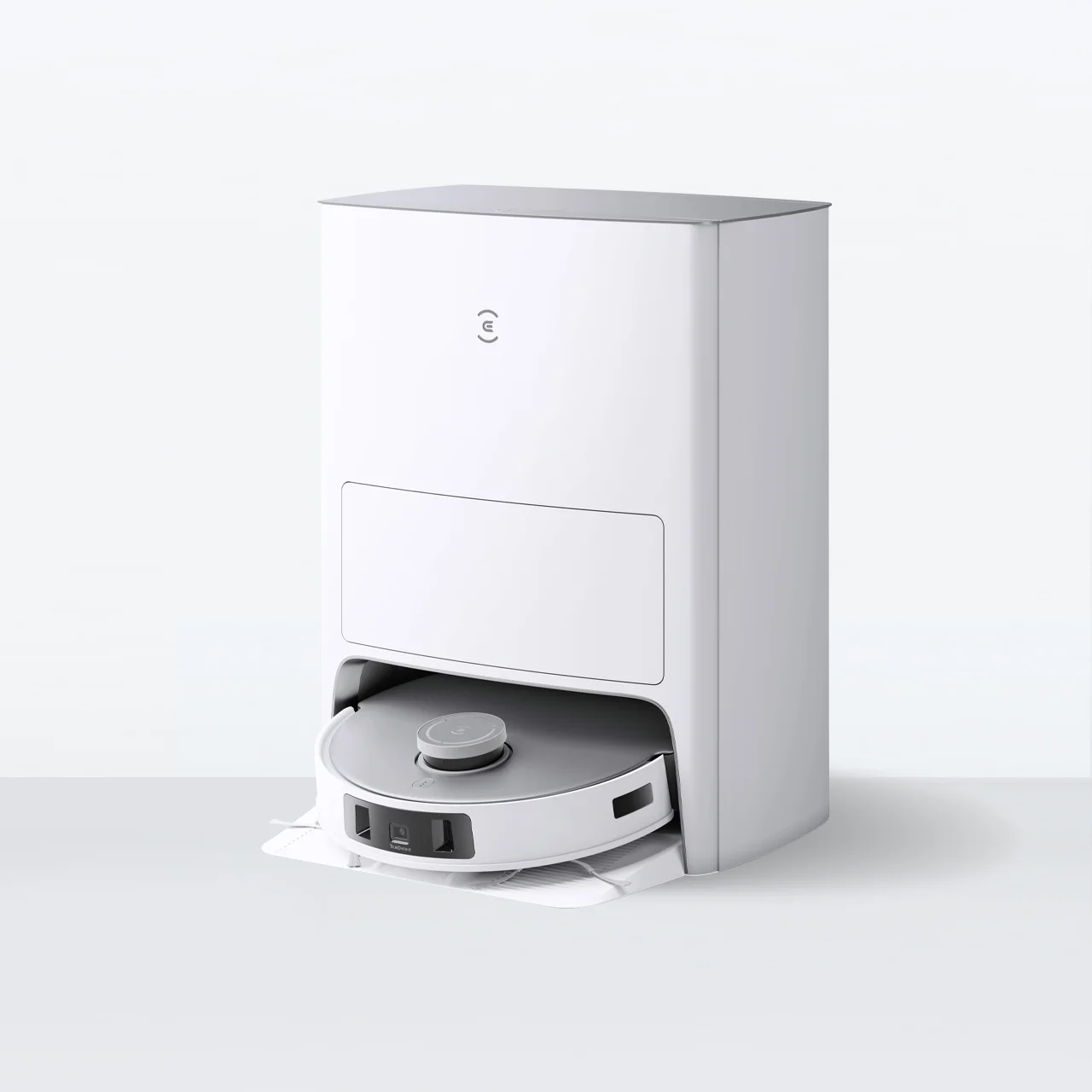
Robotic vacuum cleaners are widely considered as a smart way to clean our homes, offering an efficient and thorough clean with minimal effort. They are considered great gifts, especially for households with seniors and pets, thanks to their remote control and advanced features. Whether you’re gifting them to your loved ones, or bringing it to your new home, you may wonder whether you can take a robot floor cleaner on a plane. Let’s explore the airlines regulations on this and packing tips for hassle-free travel.
Can I Carry A Robot Vacuum On A Plane?
Find out the airline regulations and other concerns about taking a robotic vacuum cleaner on a plane.
Airline Regulations for Bringing Robot Vacuums
Major airlines have specific guidelines and regulations for transporting electronic devices like smart vacuum cleaners. One of the key concerns would be the type of battery, in particular lithium-ion, which is commonly used in automatic vacuum cleaners. Lithium-ion batteries are known to be potentially hazardous if not handled properly, for instance, they can catch fire when damaged or if the battery terminals are short-circuited.
Generally speaking, when the lithium-ion batteries are installed in electronic devices such as laptops and tablets, they are allowed in checked luggages. Spare batteries must be kept in carry-on baggages only1. Do check with the airlines if you have any questions.
Safety and security
To avoid accidents associated with lithium-ion batteries and potential damage caused by accidentally activated smart vacuums, it is crucial to ensure that the device is turned off and securely stored in a box or protective case.
Capacity
Airlines often have restrictions on the size and weight of carry-on luggage. It is important to check if your self-cleaning vacuums, especially larger and heavier models, exceed these limits. It is recommended to choose a compact and lightweight smart vacuum cleaner if you plan to bring it in your hand baggage.
Check-in bag or hand luggage:
Whether you’re carrying the automatic vacuum in checked baggage or hand luggage, ensure it is switched off and well-protected to prevent damage and accidental activation during flight. Securely pack the auto vacuum in its original retail case, or wrap it in bubble wrap to minimize the risk of damage. Always follow the airline's guidelines for packing and securing delicate electronic devices.
How to Remove Lithium Batteries
To add an extra layer of security, consider removing the lithium batteries before travelling. Follow the user manual or contact the manufacturer for guidance on safely removing the batteries from your robotic vacuum cleaner. Remember to wear eye and skin protection to prevent potential reaction and fire hazards caused by moisture.
Packing and Transporting Robot Vacuums for Air Travel

Hand luggage vs checked luggage
Follow the airline's guidelines on capacity and weight limit, and always protect the self-cleaning vacuum especially the switch to prevent accidental activation.
Protective measures of the equipment
Use a sturdy, cushioned case to protect the robot floor cleaner from potential damage during handling and transportation.
Protective measures against short circuit for the spare battery
If you are bringing a spare battery, make sure it is securely packed in a separate case to prevent short circuits. Spare and loose batteries can only be carried in carry-on baggage only.
FAQ
Can I carry a robot vacuum on a plane?
Yes, you can definitely take an automatic vacuum on a plane. If it exceeds the capacity and weight limit of a carry-on baggage, you must put it in the checked luggage. Follow the instructions and always consult the airline if you have any questions.
What do I need to do before travelling with a robot vacuum?
When travelling with a robot floor cleaner, ensure that it is switched off completely, not just in sleeping mode. To avoid accidental activation and potential damage, storing the automatic vacuum cleaner in its original retail packaging or a sturdy hard-shell container is highly recommended.
Related Products







